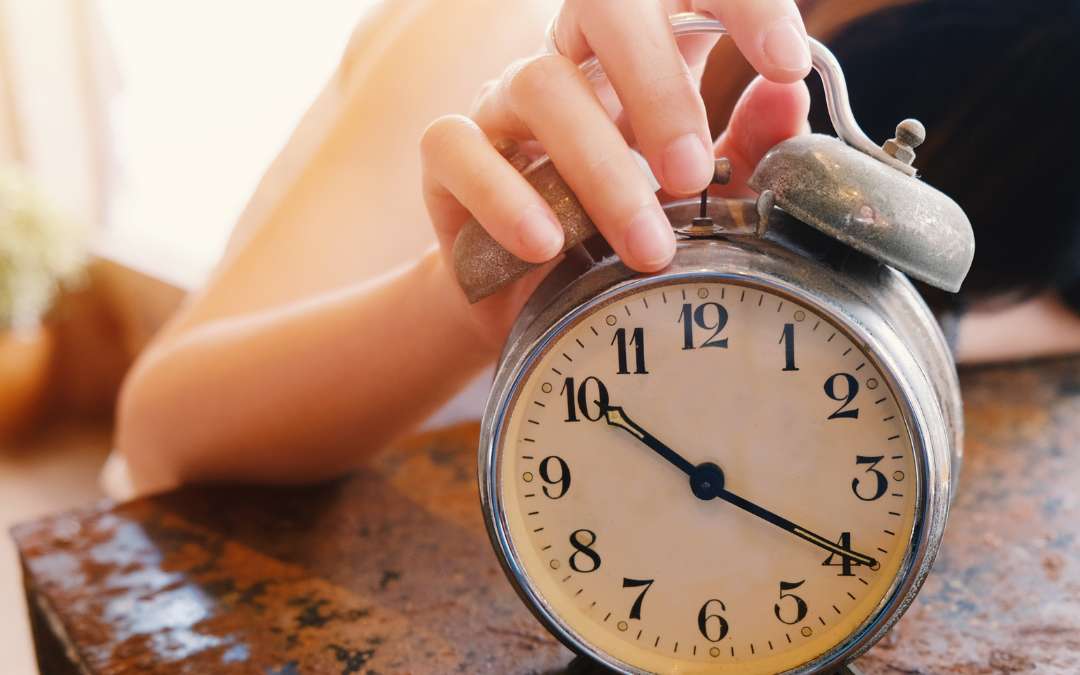Depression makes you tired, physically and emotionally. It makes the simplest of things really challenging to do. Before you felt depressed, you could tick off a bunch of stuff from your ‘to-do’ list with no issue. Now the thought of even creating a ‘to-do’ list is just hard.
This fatigue that you feel is a symptom of depression, and the catch is the more you avoid engaging in healthy activities, the more likely your symptoms of depression could worsen. It’s a vicious cycle that often feels impossible to break. Listing each day’s activities as simple achievable steps reduces the pressure you are already feeling and will allow you to begin to feel better.
Here’s a checklist to get you started. This checklist is especially suitable for when you are lying in bed thinking, ‘I should probably be doing something, but I just feel so tired.’
- Drink some water – Don’t think about 8 glasses just yet. Start with a sip or more. Hydrating will give you the energy to stay awake longer, especially if you’ve just woken up and are still feeling groggy
- Shower & brush teeth – Both these tasks will make you get out of bed, and help you feel better immediately.
- Move around the house – Tasks such as getting dressed for the day or finding your socks or shoes include moving around some more. Activities such as taking the bins out or even tidying up a section of your room will get you moving further. If you’re ready for more movement, consider scheduling a walk to the shops or meeting a friend for coffee.
- Talk/text ‘accountability buddy’ – An accountability buddy is a chosen member of your household or friendship circle who you can chat to/text with for a boost of motivation. Make sure you reach out to them, or they check in on you daily.
- Eat something – Similar to ‘Hanger’, your mood can also be affected in other ways if your body doesn’t have enough energy from food. So, make sure you eat something, however preferably not a high sugar snack.
- Sleep well – It can be tricky to tell sometimes if you’ve slept too little or too much because you still feel exhausted after you wake up. The key is to ensure you try to sleep and wake up at the same time each day to adjust your body clock.
The above checklist may sound obvious at first; however, these everyday tasks can remain challenging to complete when you are unable to function and experiencing fatigue.
An important first step for you to take if you haven’t already done so is to book an appointment with your GP. While coping methods can help, proper diagnosis and treatment from your GP is crucial. A doctor can also help identify whether the fatigue is due to another medical condition. If you don’t have a regular GP, here’s a quick way to find a GP close by – https://healthengine.com.au/
By Michelle Hartnett, Social Worker and Counsellor at The Therapy Hub








Recent Comments